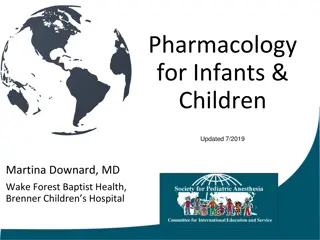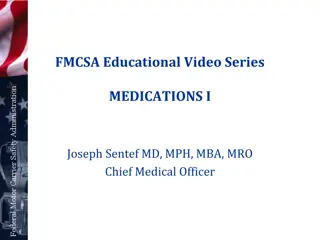Interactions of Tobacco Smoke with Medications: Effects and Recommendations
Drug interactions with tobacco smoke can impact the pharmacokinetics and pharmacodynamics of various medications. Tobacco smoke constituents can induce enzymes that affect the metabolism of drugs, leading to altered therapeutic responses. For example, CYP1A2 enzyme induction by tobacco smoke can decrease the effectiveness of drugs like caffeine, haloperidol, and clozapine. Smokers using combined hormonal contraceptives are at increased risk of cardiovascular adverse effects. Clinicians should consider smoking status when prescribing medications to optimize treatment outcomes.
Download Presentation

Please find below an Image/Link to download the presentation.
The content on the website is provided AS IS for your information and personal use only. It may not be sold, licensed, or shared on other websites without obtaining consent from the author. Download presentation by click this link. If you encounter any issues during the download, it is possible that the publisher has removed the file from their server.
E N D
Presentation Transcript
DRUG INTERACTIONS with TOBACCO SMOKE
PHARMACOKINETIC DRUG INTERACTIONS with TOBACCO SMOKE Drugs that may have a decreased effect due to induction of CYP1A2: Bendamustine Haloperidol Caffeine Olanzapine Clozapine Pirfenidone Erlotinib Riociguat Fluvoxamine Ropinirole Irinotecan (clearance increased and systemic exposure decreased, due to increased glucuronidation of its active metabolite) Tasimelteon Theophylline Smoking cessation will reverse these effects.
DRUG INTERACTION: TOBACCO SMOKE and CAFFEINE Constituents in tobacco smoke induce CYP1A2 enzymes, which metabolize caffeine Caffeine levels increase ~56% upon quitting Challenges: Nicotine withdrawal effects might be enhanced by increased caffeine levels Insomnia can be due to caffeine levels or a side effect of a smoking cessation drug (e.g., varenicline or bupropion) Decrease caffeine intake by about half when quitting For individuals with a typical bedtime, suggest eliminating caffeine by early afternoon
PHARMACODYNAMIC DRUG INTERACTIONS with TOBACCO SMOKE Smokers who use combined hormonal contraceptives have an increased risk of serious cardiovascular adverse effects: Stroke Myocardial infarction Thromboembolism This interaction does not decrease the efficacy of hormonal contraceptives. Women who are 35 years of age or older AND smoke at least 15 cigarettes per day are at significantly elevated risk.
The shaded rows indicate clinically significant drug interactions.
DRUG INTERACTIONS with TOBACCO SMOKE: SUMMARY Clinicians should be aware of their patients smoking status: Clinically significant interactions result the combustion products of tobacco smoke, not from nicotine. Constituents in tobacco smoke (e.g., polycyclic aromatic hydrocarbons; PAHs) may enhance the metabolism of other drugs, resulting in an altered pharmacologic response. Changes in smoking status might alter the clinical response to the treatment of a wide variety of conditions. Drug interactions with smoking should be considered when patients start smoking, quit smoking, or markedly alter their levels of smoking.


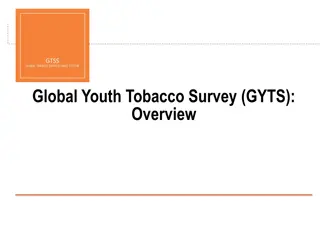

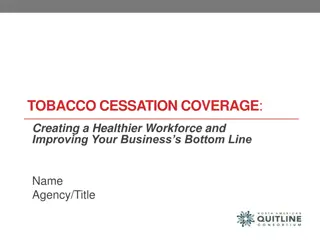

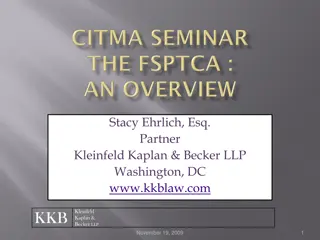

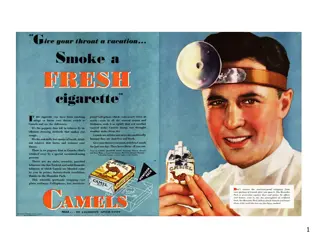

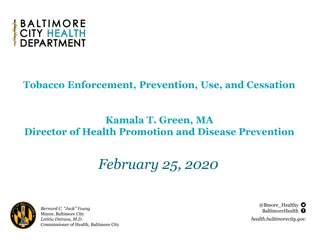


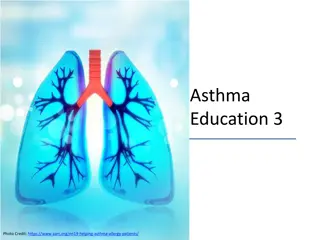
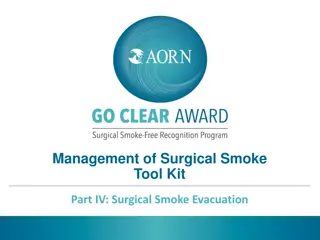
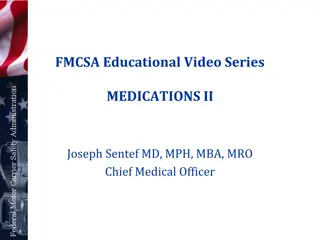

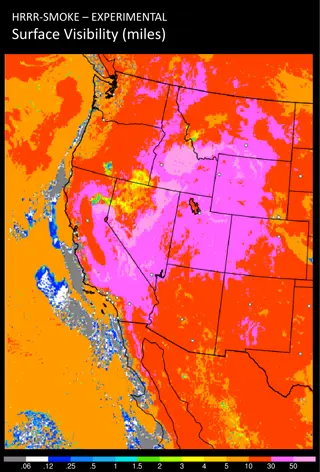





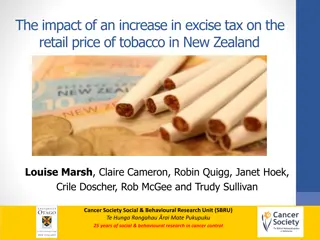

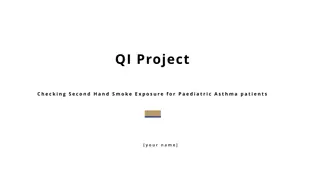
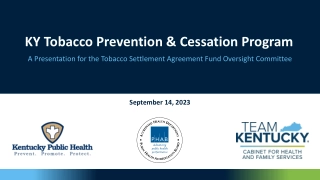

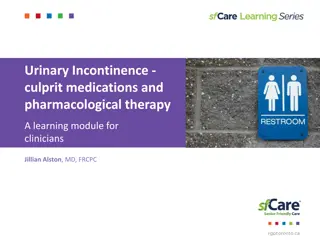


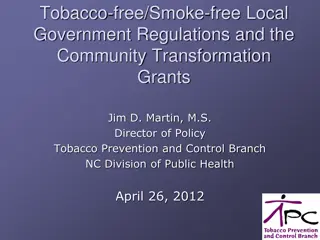
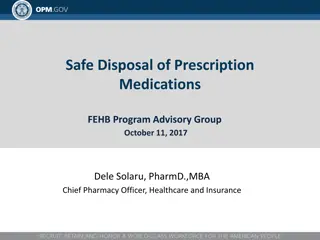




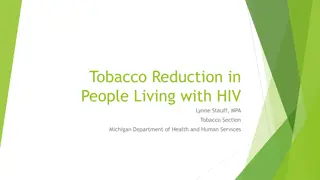
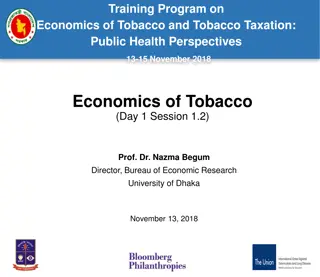
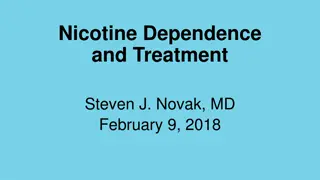
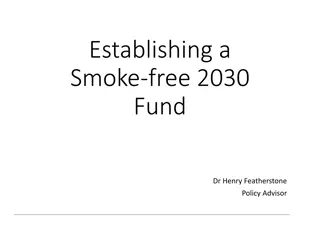
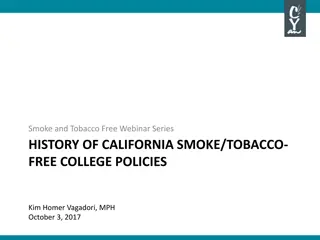

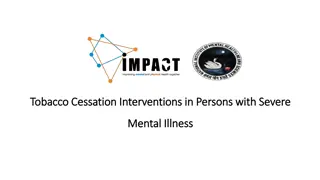
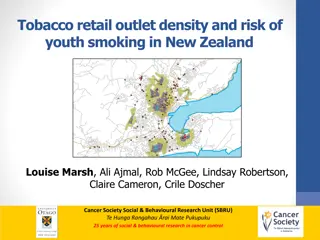
![Protecting Youth Through Tobacco Retail Licensing in [Your County]](/thumb/175307/protecting-youth-through-tobacco-retail-licensing-in-your-county.jpg)
